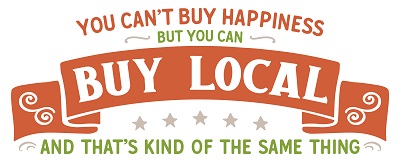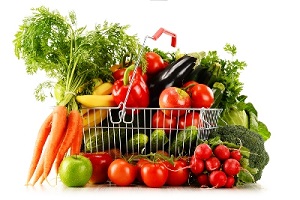Whether you hate them or not, vegetables are good for you. They are rich sources of vitamins, minerals, and fiber. Undoubtedly, they are an important part of a healthy diet and you must see to it that you get enough servings each day. However, if you don’t know how to choose vegetables and to cook them properly, you won’t get all the nutrients that you need from them and you might end up making them unhealthy.
Don’t make these mistakes:
1 – Buying processed vegetables rather than fresh produce. Canned vegetables don’t have as much nutrients as fresh ones because much of the vitamins and minerals have been lost during processing. Besides, most canned vegetables are high in sodium.
On the other hand, if you buy fresh vegetables, you’ll get all of the health benefits they have to offer. They taste better, too. You will also have a wider range of choices and you’ll be able to prepare exciting dishes with them. Besides, wouldn’t you prefer to eat vegetables that were harvested a few days ago rather than those that have sat in tin cans for months?
2 – Not knowing where to buy and what to look for when shopping for vegetables. If you don’t know how to tell if a vegetable is still fresh, you’ll end up buying ones that are too ripe, or those that are about to rot. The fresher the vegetable, the better it tastes and the more nutritious it is. Vegetables at a farmers market or a produce stand are usually fresh, so it is best to buy produce from these places.
3 – Overcooking vegetables. Heat destroys much of the nutrients in vegetables. If you want to preserve much of the nutrients in vegetable while cooking them invest in a steamer. Also, vegetables taste better when you steam them than when you boil or bake them. Look for a dual steamer that can also cook rice as well. You can get a free-standing, electric steamer from a store like Wal-Mart or Target for around $30.
4 – Adding too much salt and butter. Too much salt isn’t healthy. As you may now, a diet high in sodium is associated with hypertension and increases your risk for cardiovascular diseases. Butter is another food item that isn’t necessarily heart-healthy, especially when the butter is salted. To add flavor to your vegetables, you can use broth instead of butter and add less salt. You’ll save on calories and avoid getting too much sodium.
5 – Eating the same vegetable again and again. If you do this, then it isn’t surprising that you hate vegetables. Vegetables are an interesting food group. There are many flavors, colors, and textures to enjoy. Explore with your taste buds by eating a wide variety of vegetables. Make your meals exciting with seasonal produce. Try a new vegetable every now and again. Besides, every vegetable has its own unique set of nutrients. Eating a wide variety makes it more likely that you get a wider range of nutritional benefits.
To get the most out of vegetables, you must learn how to choose and cook them properly. The mistakes that you just read about can rob you of most of the benefits that you can get from vegetables. It does make a lot of sense to avoid them.




